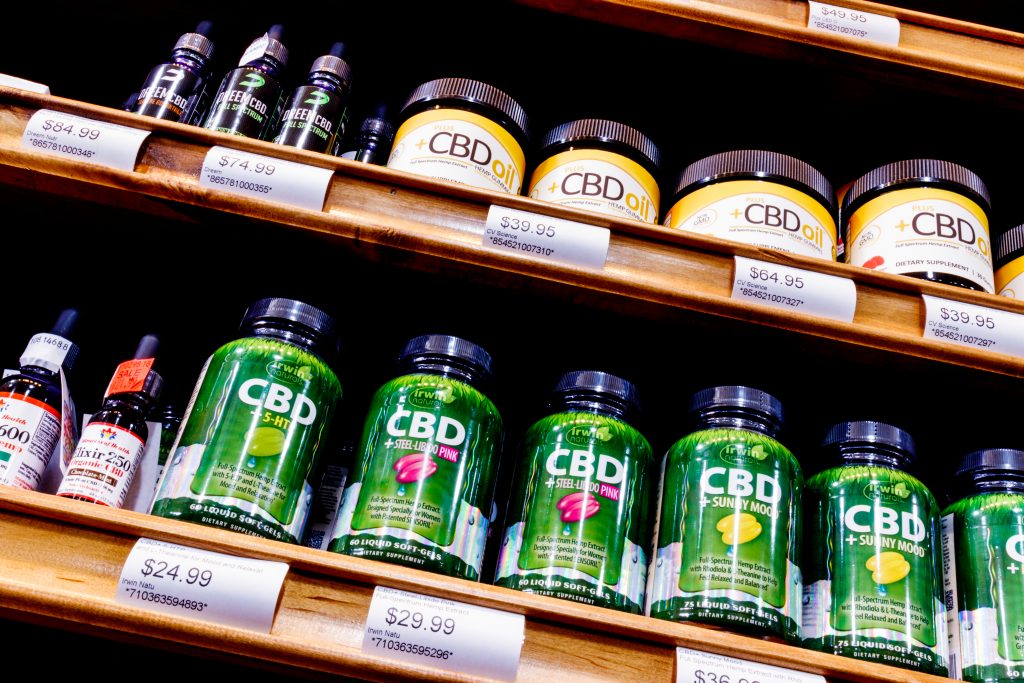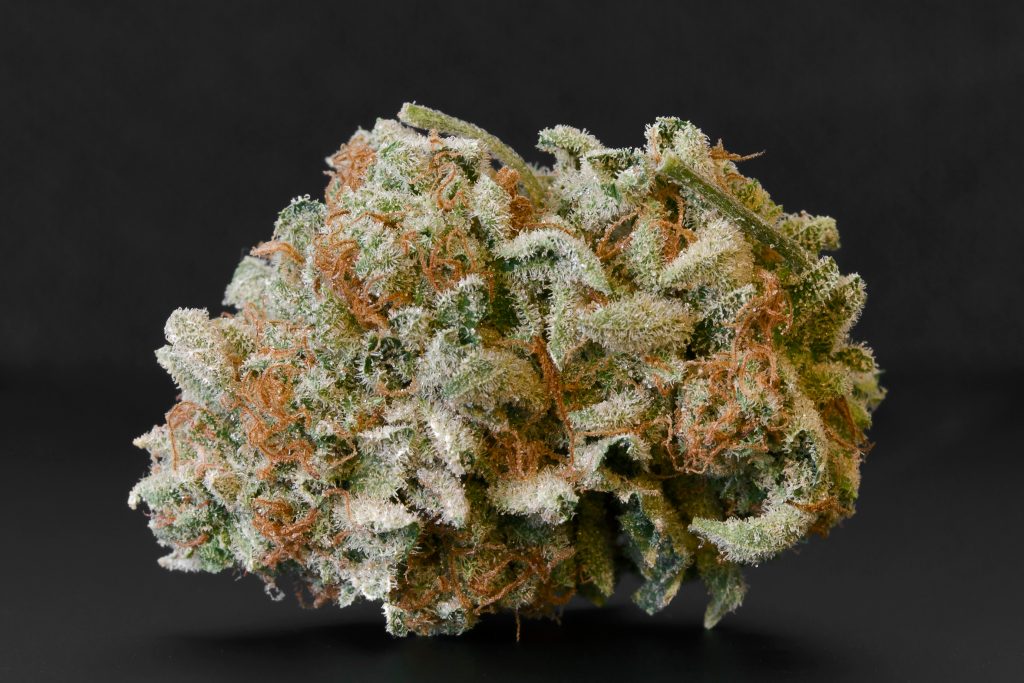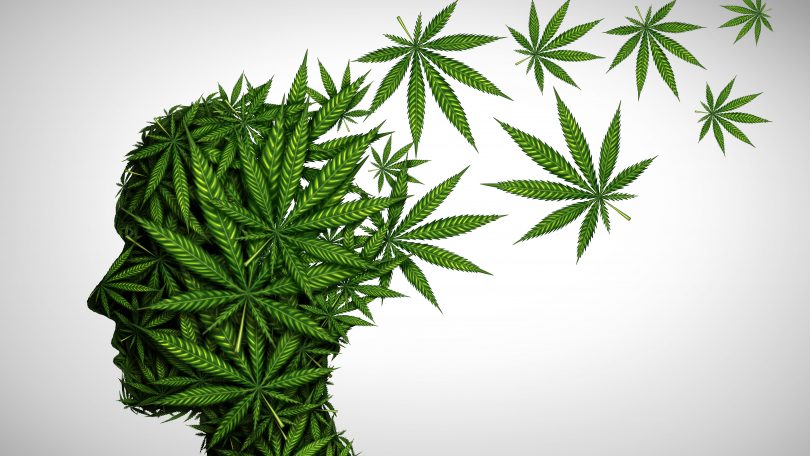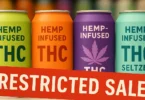You may have heard cannabidiol (CBD) described as ‘non-psychoactive’. However, that’s not quite true. CBD is, in fact, psychoactive in that it directly affects the mind (or psyche) in numerous ways.
It’s quite true, however, that CBD does not produce the same cerebral ‘high’ that THC does. But what about full-spectrum CBD products? And what about hemp flower, with its minimal – but still possibly significant – levels of THC?
Well, there has been some discussion online as to whether hemp flower can indeed produce a type of ‘high’. And whether this effect should be more openly described by vendors of hemp flower.
In order to shine some light on this controversy, this article will look at a variety of sources to determine just what the effects of smoking hemp flower are. We will also discuss how hemp flower exerts these effects, as well as if more should be done to make clear what consumers can expect in terms of effects.
Before you continue reading, don’t forget that the best CBD Flowers are only available to the readers of the CBD Flowers Weekly newsletter. Subscribe below:
Is CBD really non-psychoactive?
The definition of a psychoactive substance is merely one that affects the mind. And CBD has been found to have numerous effects on the mind. In fact, while CBD has little binding affinity for either of the two cannabinoid receptors (CB1 and CB2), it does activate several non-cannabinoid receptors and ion channels.
For example, science has shown that CBD directly activates the 5-HT1A (hydroxytryptamine) serotonin receptor, which results in a reduction of anxiety. Additionally, other pathways allow CBD to alter the mind’s attention bias, which makes it useful in the treatment of addiction.
As you can see, CBD is clearly psychoactive, but that doesn’t mean it gets you high in the same way that THC does. Perhaps the term non-intoxicating is more appropriate.
Can CBD get you ‘high’?
THC is the chemical in cannabis that imparts a strong cerebral effect known as being high, stoned or baked. This effect expresses itself as euphoria, an impairment of short-term memory, blood-shot eyes, an increased heart rate, and an increase in appetite (aka, ‘the munchies’).
It can be enjoyable for many people. However, sometimes, especially with high doses and people with low tolerances, THC can cause psychotic-like symptoms including paranoia and anxiety. CBD, on the other hand, produces no overt mind-altering effects. It has even been shown to be a strong anti-psychotic and to have the ability to reduce the negative effects caused by THC.
Therefore, if you consume CBD on its own – in the form of isolate, for example – you will barely notice anything except perhaps a reduction in anxiety, should you suffer from it. When it comes to full-spectrum CBD products, however, it might not be so straightforward.
The effects of hemp flower and other full-spectrum products
A full-spectrum CBD product is one that contains a complete profile of cannabinoids, terpenes, flavonoids, and other compounds present in hemp flower. Compared to products made with isolated CBD, full-spectrum products are more therapeutically effective thanks to what’s known as the ‘entourage effect’.

The entourage effect describes how all the various compounds in cannabis – in particular CBD, THC, minor cannabinoids and terpenes – all work together synergistically to infer a greater effect than just one compound administered in isolation.
Due to its minimally-processed, unadulterated state, hemp flower is a full-spectrum product. It contains all of its naturally-occurring compounds – including the potent psychoactive THC in small amounts.
This is probably the reason why a number of people report feeling a slight high or buzz when consuming hemp flower. This effect can range from a subtle body-buzz to a very noticeable head-high. People also describe feelings of relaxation, an improved mood, and a slowing of mind-chatter.
Reports of hemp flower causing a ‘high’
A quick search on Reddit – which hosts a number of very active hemp flower communities – brings up numerous reports of unexpected psychoactive effects of hemp flower.
One post, titled ‘CBD flower definitely has a psychoactive effect’, says: “I’ve been smoking since half 5 in the afternoon today and I’m 3 joints in and I can safely say I feel kinda baked, sorta like what a mid strain of weed would do especially within 30 mins of smoking each. I used to smoke THC everyday for 2 years and the effects of CBD flower just seem to mimic it at a lighter level.”
The author of a post, titled ‘Anyone else getting a “high” from cbd flower?’, says even a small amount of hemp flower hits them just as fast as a high-THC strain would. They also claims that the initial feeling is “exactly the same”, but rather than “intensifying into a sedated stoney type of high, it subsides into a feeling of calmness and mental clarity.”
“I’m not ‘high’ per say,” they conclude, “but my conscious state of mind is definitely altered.”
THC levels in hemp flower
So there certainly can be a type of ‘high’ as a result of consuming hemp flower. This could be down to a combination of cannabinoids and terpenes working together. Alternatively, it could just be the small amount of THC present in hemp.
But how much THC is allowed in hemp?

According to the 2018 Farm Bill, for hemp to be considered legal it must contain less than 0.3% delta-9-THC (this is the scientific name for THC). However, there is some confusion over how the buds should be tested. Let us explain…
All hemp flower on the market has delta-9-THC levels below 0.3%. Most, however, also has an amount of THCa. THCa is the precursor to delta-9-THC. It does not have the same psychoactive effects, but does readily convert into delta-9-THC once it is heated. This process is called decarboxylation.
The 2018 Farm Bill states that testing for delta-9-THC is to be done “post-decarboxylation”. And that means most hemp flowers, should they be tested post-decarboxylation – i.e once the majority of THCa has converted into delta-9-THC – will have a delta-9-THC content of over 0.3%, thus making them illegal.
Despite this, many vendors test their product before decarboxylation and without factoring in THCa content. In fact, some strains even have as much as 0.7% THCa. Combine this with the 0.3% delta-9-THC and you have a flower with up to 1% total THC – which is about 10mg of THC per gram!
The need for accurate testing
Most studies agree that 2-3 mg of THC is the minimum needed to experience minimum psychotropic effects. However, consider also that the anti-psychotropic effects of CBD means probably a few micrograms more will be needed for a noticeable effect.
Therefore, it’s perfectly plausible that levels of up to 1% total THC are causing hemp flower users to experience mild highs and slight psychotropic effects.
While for some this may be an added benefit, others may not be so happy about it. For example, some people are very sensitive to THC and react badly. Others may have turned to hemp flower as a substitute for THC-rich flower. And then there are the potential legal ramifications for anyone caught with hemp flower with high levels of total THC.
With this in mind, it is clear there is a need for more accurate testing from vendors. Both delta-9-THC and THCa should be taken into consideration and customers should be sure that what they are purchasing is legal.
Conclusion
Lots of people are reporting that supposedly non-psychoactive hemp flower is getting them a bit high. This is probably down to illegal levels of THC in many products on the market.
Although hemp flower was made federally legal by the 2018 Farm Bill, much of the product available today is considered illegal due to its total THC level being above 0.3%. This is because while only delta-9-THC is limited by law, testing is stipulated to be post decarboxylation.
Therefore, THCa content needs to be considered alongside delta-9-THC levels. Vendors and customers both need to be aware of this in order to avoid any negative reactions to hemp flower and to protect both from breaking the law.
For more stories like this, subscribe to the CBD Flowers Weekly Newsletter.








The best way to explain hemp is that it is not an intoxicant if it has compliant THC levels.